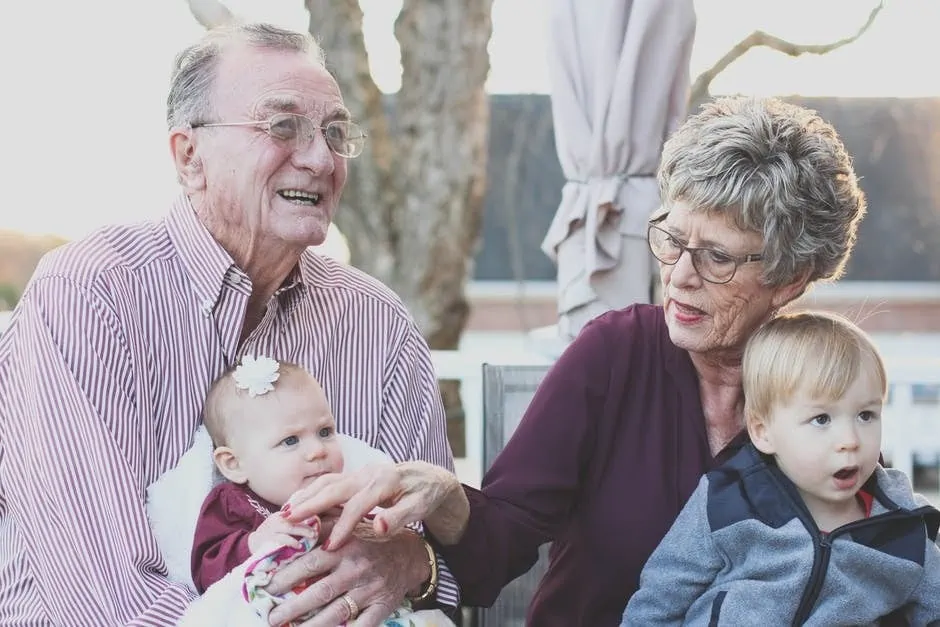
Why Alcohol and Aging Don't Mix Well
It may seem that people become more sensitive to alcohol as they age. The few drinks that could be consumed in their 30s or 40s may have a different impact in their 60s or 70s.
As people grow older, they may experience changes in their bodies and should be aware of how those changes can impact them when consuming alcohol. Various health problems can develop with age, requiring the need for medications that can affect how alcohol impacts the body and health of the individual.
Alcohol Use Among the Elderly
At 74 years old, George F. Koob, Director of the National Institute on Alcohol Abuse and Alcoholism, says, “We’re not fine” when referring to older adults consuming alcohol. He explains that the elderly population perceives themselves as having a higher tolerance than they actually do; that misunderstanding only increases intoxication.
The capability to recognize the impacts of alcohol diminishes after age 50. Older adults have a diminished sense of their reflexes and balance. Therefore, they may not be able to gauge their sobriety correctly. The inability to detect intoxication can quickly progress into alcohol abuse for the elderly population.
Prevalence of Alcohol Abuse in the Elderly Population
Alcohol use disorder (AUD) doesn’t stop at a certain age. Alcohol abuse and AUD are common but often overlooked, unreported, and untreated among older adults. It can be easy to ignore the problem, thinking, “They have lived a long life; let them have their fun.” However, when the elderly consume significant amounts of alcohol, it may endanger themselves or others.
According to the National Council of Alcohol and Drug Dependence, approximately 11% of hospital admissions for the elderly result from alcohol or drug misuse. This rate is comparable to older adults admitted to the hospital because of heart attacks, which may originate from prolonged alcoholism. A reported 14% of emergency room admissions are alcohol-related in the elderly. Furthermore, the rate of the elderly who enter psychiatric hospitals because of alcohol is 20%.
How Alcohol Impacts Older Adults
In order to understand how alcohol impacts health with age, it is important to first understand how alcohol metabolizes in the body:
- Without digestion, consumed alcohol moves from the stomach into the small intestine
- Next, alcohol is absorbed through the small intestinal wall and travels to the liver
- The liver processes alcohol, using enzymes to break it down into harmful chemicals
- The chemicals then move via circulation to the heart, lungs, brain, and other organs, while simultaneously moving into lean muscle mass
After a person reaches the age of 65, blood circulation begins to slow down. Therefore, less blood flows through the liver. As the process slows, more toxic metabolites can accrue due to the increased time it takes to metabolize alcohol.
The loss of lean muscle mass, which often occurs with age, causes a higher concentration of alcohol to remain in the bloodstream. The results are increased effects from alcohol and dehydration from the same amount of alcohol the same person was accustomed to drinking at a younger age.
Complications for Older Adults Consuming Alcohol
Older adults metabolize alcohol more slowly, causing an increase in sensitivity to the effects of alcohol. While the amount and frequency of drinking are factors, other natural bodily changes occur around particular ages that can be intensified by alcohol consumption.
Here are possible complications that older adults who consume alcohol can experience:
- Increased risk of accidents: Physical or mental functions involving coordination, vision, hearing, and reflexes become compromised with age, increasing the risk of falls, slips, or car accidents. These risks are compounded by the use of alcohol which reduces coordination and balance.
- Increased health problems: In older adults, drinking alcohol can increase the risks of health problems such as diabetes, high blood pressure, congestive heart failure, liver problems, osteoporosis, memory problems, and mood disorders.
- Potential medication interactions: Elderly adults may take over-the-counter or prescription medications for various health concerns, which can have an adverse reaction when mixed with alcohol. Medicines known to react with alcohol include anti-anxiety drugs, antibiotics, antidepressants, antihistamines, blood thinners, diabetes drugs, sleeping pills, and pain medications.
How to Get Help for Alcohol Use Disorder
Help is available for those struggling with alcohol addiction, especially for the elderly. It can feel overwhelming when searching for support, but the first step is recognizing the problem.
The Substance Abuse and Mental Health Services Administration (SAMHSA) offers the behavioral health treatment services locator to help find mental health services by area. In addition, helpful information about treatment facilities that provide specialty care can be found using SAMHSA's substance use treatment locator.
Understanding how alcohol impacts the aging body is essential for alcohol use disorder awareness among the elderly population. If you or a loved one struggles with alcohol or drug addiction, Present Moments Recovery can help. Present Moments Recovery is located in San Diego, California, and delivers an individualized and comprehensive approach to addiction, with many levels of care to ensure a successful recovery. We focus on extensive treatment that is less intensive to promote long-term sobriety. From detoxification programs to outpatient programs and aftercare, we can help you form a firm foundation for your sobriety. At our family-run treatment center, you will be able to talk with empathetic and devoted therapists one-on-one, assuring that all of your needs are met. Present Moments Recovery believes recovery only happens in the present moment. Call us today and learn about our services at (619) 363-4767.
Categories
Addiction





